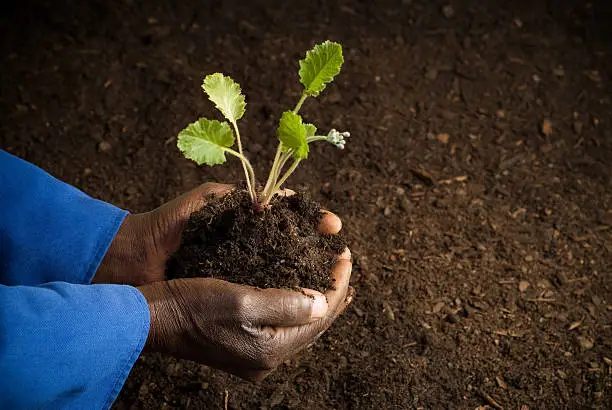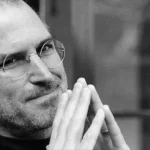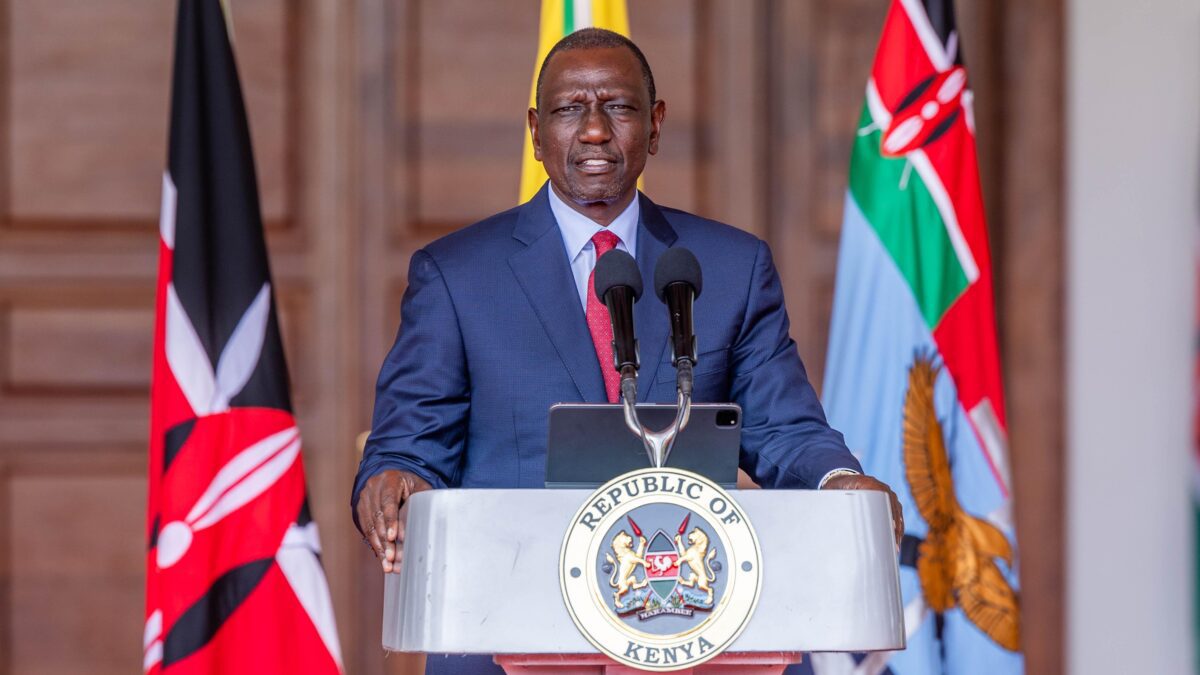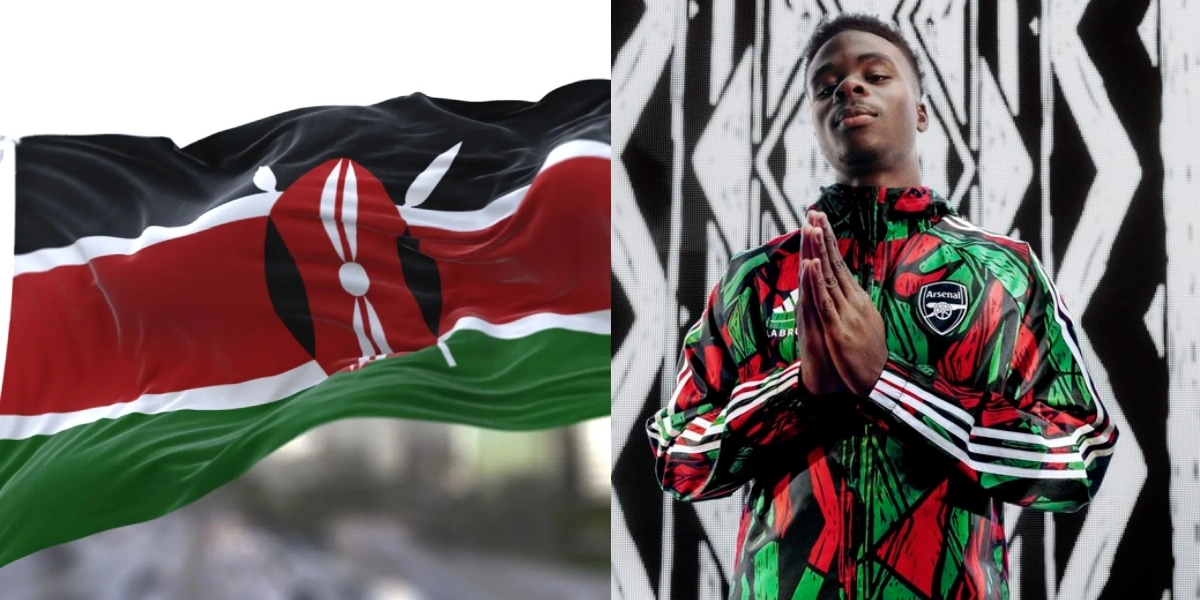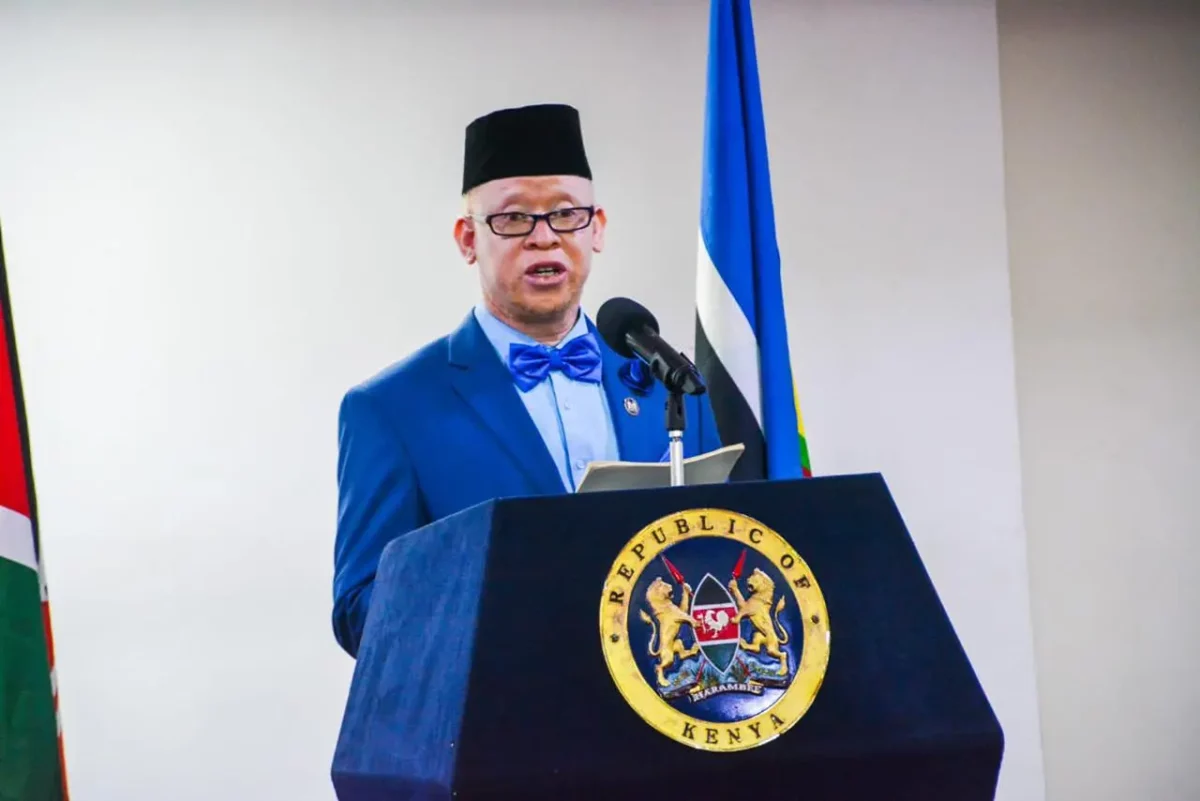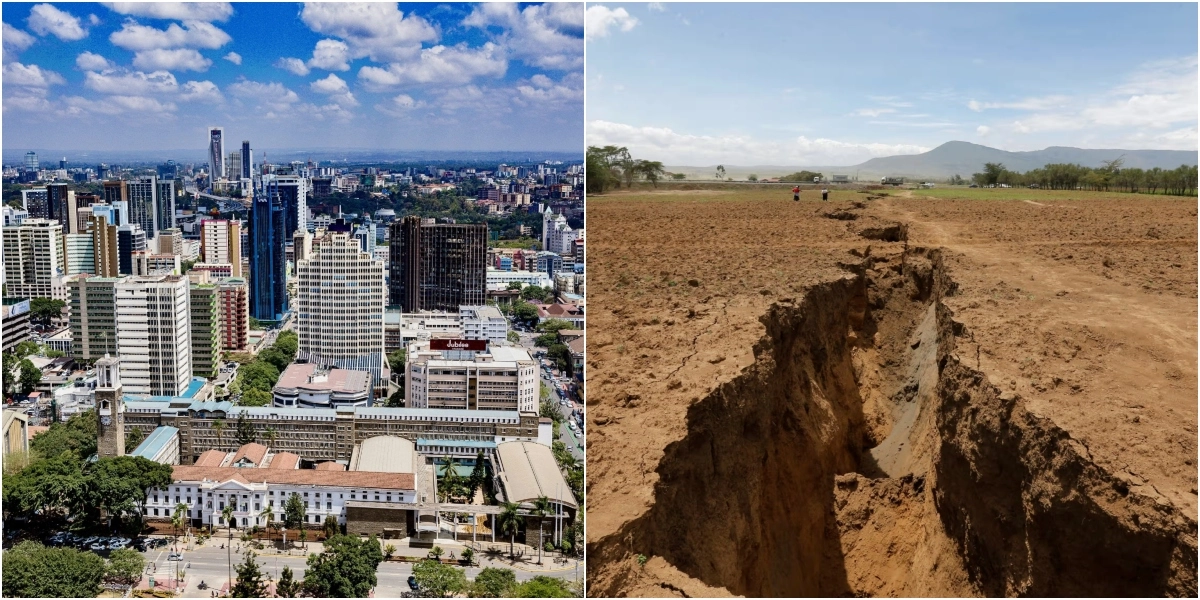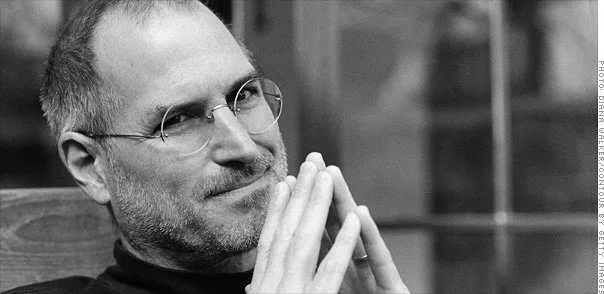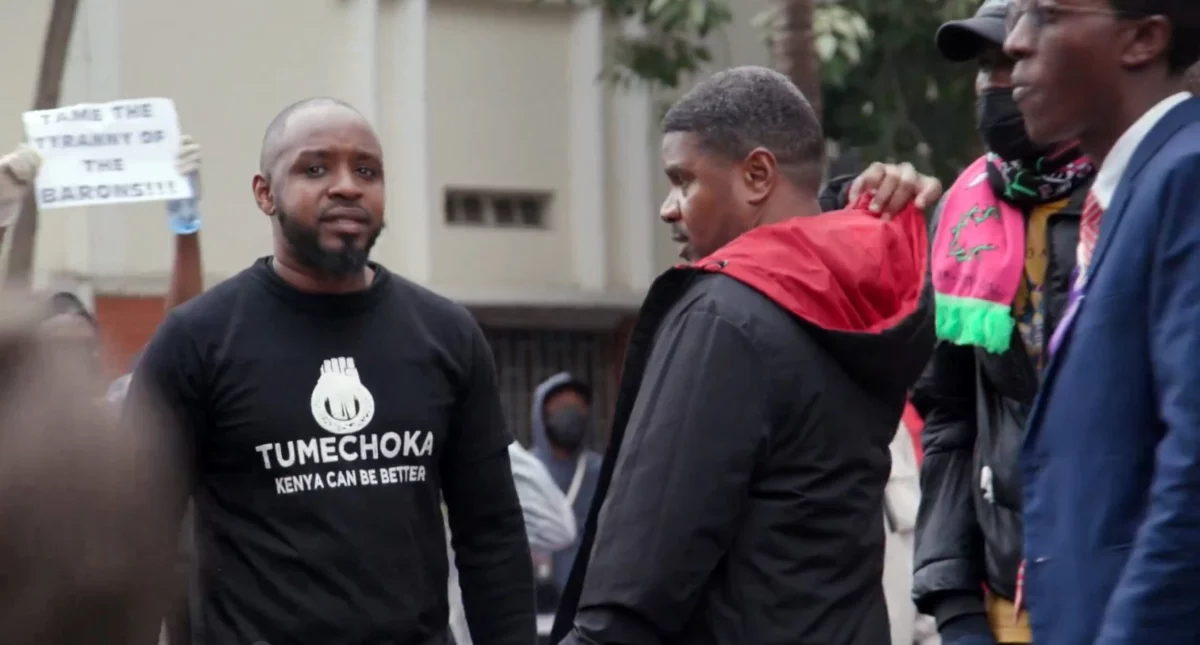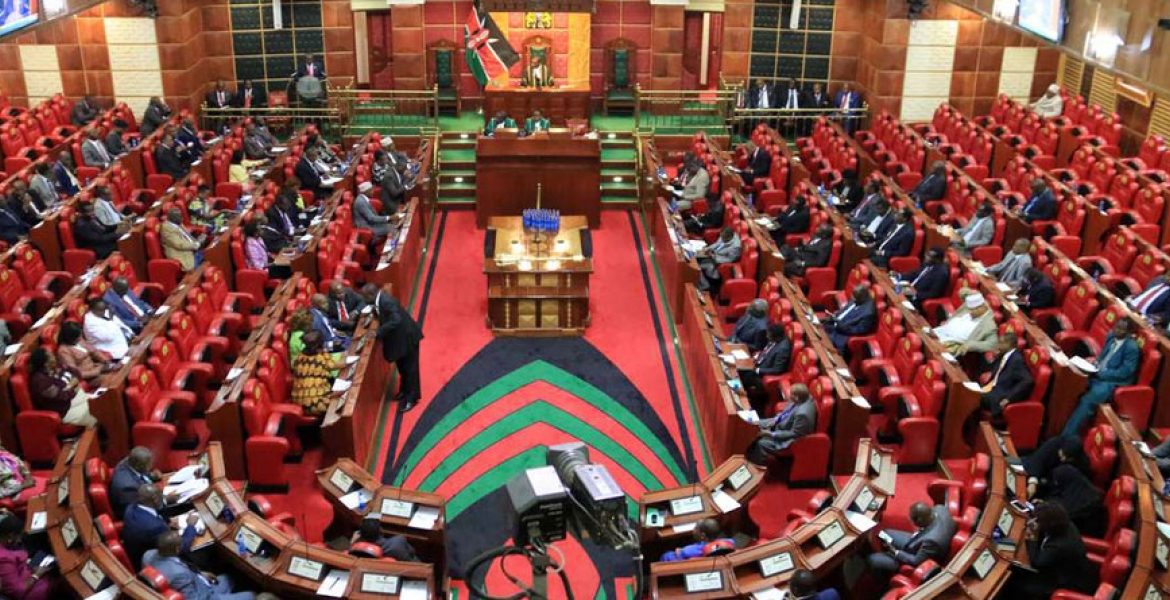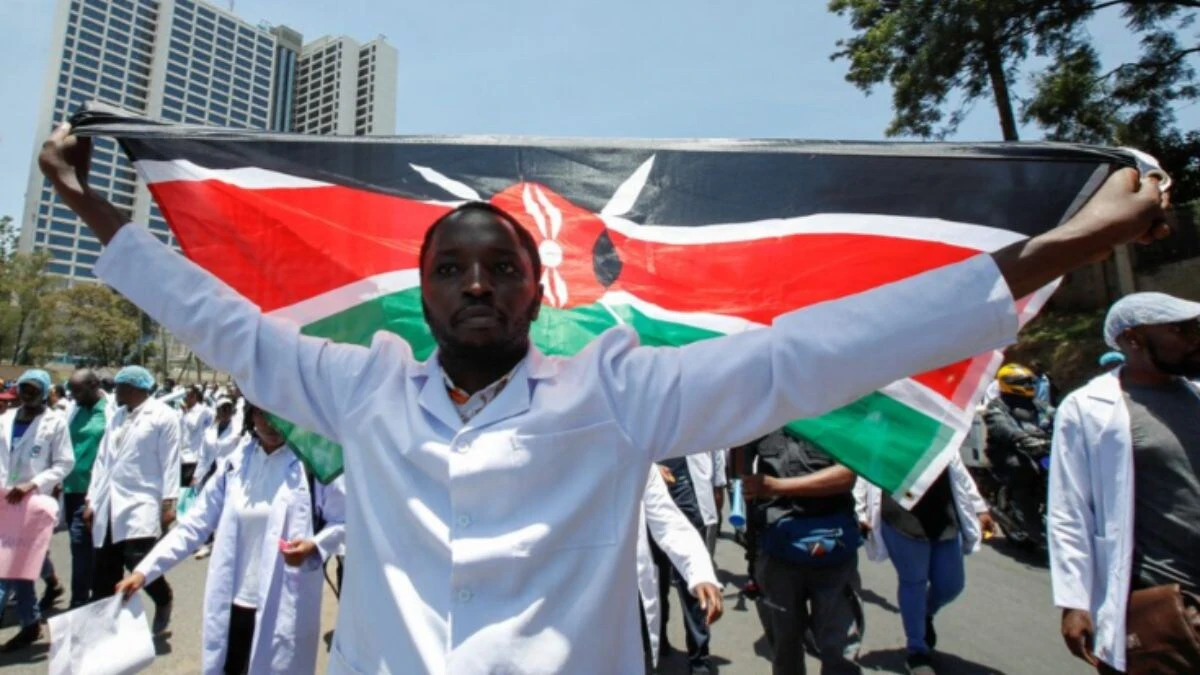Janice Kotut-Sang & Olufunso Somorin,
During his remarks at the launch of the Africa Carbon Markets Initiative at COP 27, President William Ruto described carbon credits as Kenya’s “next significant export”.
The President believes a robust, transparent, and sustainable mechanism through which a carbon credit market can yield attractive income and development opportunities for communities at the frontlines in the fight against climate change, is urgently needed.
Particularly, for Kenya which needs $64 billion to implement its climate actions by 2030, exploring carbon markets as part of the broader climate finance strategy is highly crucial.
With the promise of potentially creating millions of jobs, supporting local economies, providing access to clean energy, protecting nature, and enhancing adaptation to climate change, carbon (along with its credits and markets) may arguably be the new ‘oil’ for Africa.
In 2021, about 15% of all carbon credits supplied in the $2 billion voluntary carbon markets were from Africa. This market is expected to reach at least $30 billion by 2030, according to McKinsey. Kenya alone generated 20% of all Africa’s carbon credits – more than any other African country.
Read Also: Kenya needs $62 Billion to Combat Climate Change
If Kenya explored its huge carbon credit revenue potential, the revenue forecast for 2030 is about $600 million annually. To put that in context, coffee revenues, one of Kenya’s biggest exports, for the 10 months to October 2022 stood at Ksh 33.8 billion ($273 million).
In response to the Government of Kenya’s interest in carbon markets, the United States Agency for International Development and other partners organised a two-day conference in Nairobi (January 23-24, 2023) that brought together different key stakeholders within the carbon markets ecosystem. The authors had the distinct privilege of participating and contributing to the key discussions of this event.
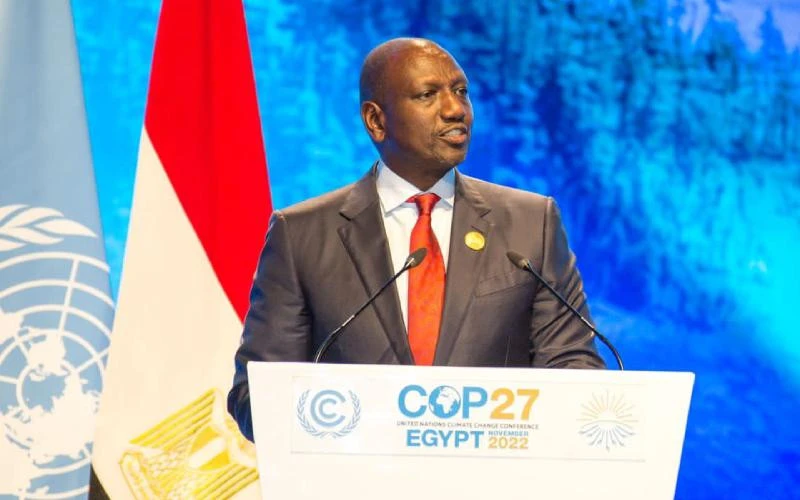
This is not the first time we have heard of carbon credits; the history of carbon credits goes back to the 1997 UN Kyoto Protocol, the first international agreement to reduce global emissions, through its Clean Development Mechanism.
What then is a carbon credit? Simply put, a carbon credit is a certificate that represents evidence that one tonne of CO2 equivalent has either been prevented from being emitted or is removed from the atmosphere.
Emission removal is sometimes called sequestration, if we can go back to biology 101 – plants and trees breathe in carbon dioxide and discharge oxygen – making them natural emissions removal engines.
The market for trading these certified credits would either take place in a compliance (mandatory) or voluntary market. The compliance markets, for example, the EU Emissions Trading Scheme, are based on allocations of allowed emissions under a cap. The voluntary markets, on the other hand, are driven by private initiatives to achieve voluntary net-zero and climate neutrality commitments made by about 1,700 companies globally.
Under Article 6 of the Paris Agreement in 2015, there is a continuation of the carbon markets as part of the financing instruments for achieving a low-carbon future. Many stakeholders consider this “second wave of carbon economy” as a huge opportunity for Africa to play a leading role in supplying high-quality carbon credits into the voluntary markets. The question is: will Africa get it right this time? Can Kenya maximize its huge potential in the markets?
A few carbon projects in Kenya are currently supplying credits for the voluntary markets. A case in point is the Northern Rangelands Trust project, with 14 conservancies across 11 counties in Kenya. The project is generating carbon credits by changing grazing practices and improving soil health across their 1.9 million hectares of rangelands.
Over a 30-year period, the project will remove 50 million CO2 from the atmosphere – the equivalent of the annual emissions from over 10 million cars. The project generated its first credits in 2013, and sold into the voluntary market, generating $14.6 million for local beneficiaries.
Both carbon emission removals and avoidance are something Africa is well positioned to do, given its land mass, vast biodiversity, and population demographics and yes notwithstanding the fact that Africa’s contribution to the global climate crisis is insignificant (3.6% of global emissions). Imagine a world where Africa gets paid for planting and protecting trees, to shift to clean cooking or to shift to electric transportation which brings immense social benefits and creates green jobs.
The global demand for voluntary carbon credits is expected to increase by a factor of 15 by 2030 and a factor of 100 by 2050, especially from companies in developed countries that make net-zero commitments to decarbonizing the global economy. The hard-to-decarbonise sectors such as cement, steel and transport may invest in carbon offsets in the global south, hence, driving new investments in the south.
Predictable and quantifiable carbon revenues could potentially make projects more bankable, and more importantly, put precious dollars into the pockets of local communities. Sounds great doesn’t it – so why isn’t it happening yet, or even at scale?
The carbon market is inherently challenging. The fragmented nature of the market coupled with the uncertainty in pricing makes long-term investments challenging. In addition, getting a third-party verification which is critical for the transparency and integrity of the market is a strenuous exercise which could take years to meet the strict criteria on identification, measurement, quantification, permanence, monitoring, and additionality. For many experts, while these challenges are formidable, they are not insurmountable.
This is the beginning of a long conversation – many exciting things to look forward to. But to capture this opportunity as a country and as a potential exporter of carbon, Kenya would need to move at speed and scale.
Ms Janice Kotut-Sang is a Climate Finance Consultant. Dr Olufunso Somorin is a Regional Principal Officer with the African Development Bank.


